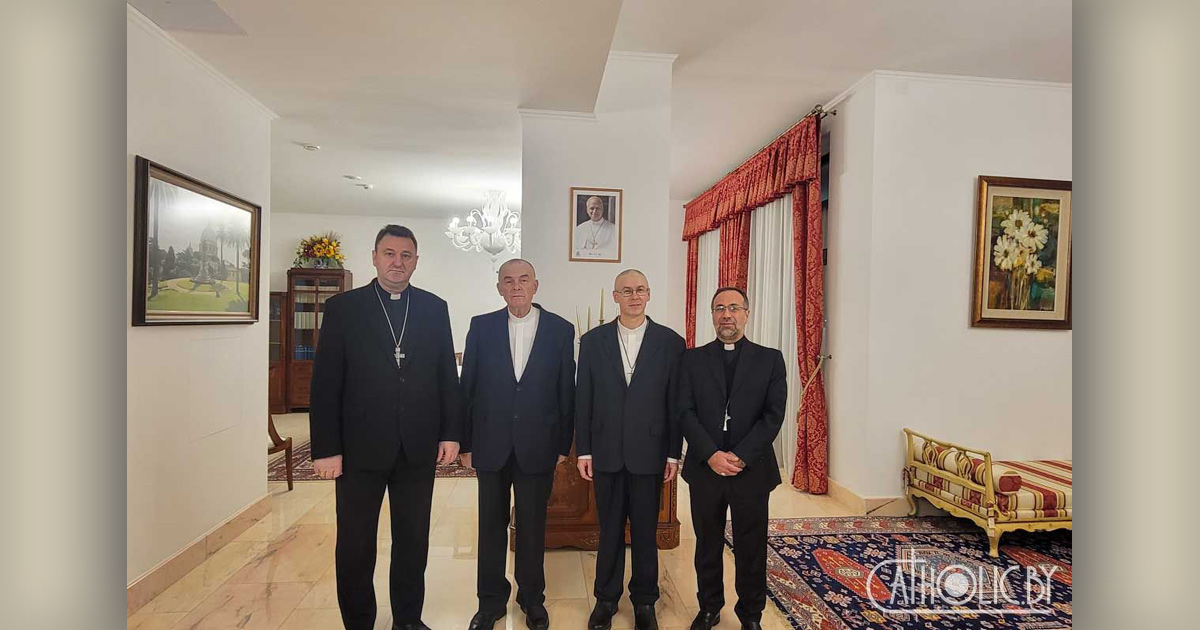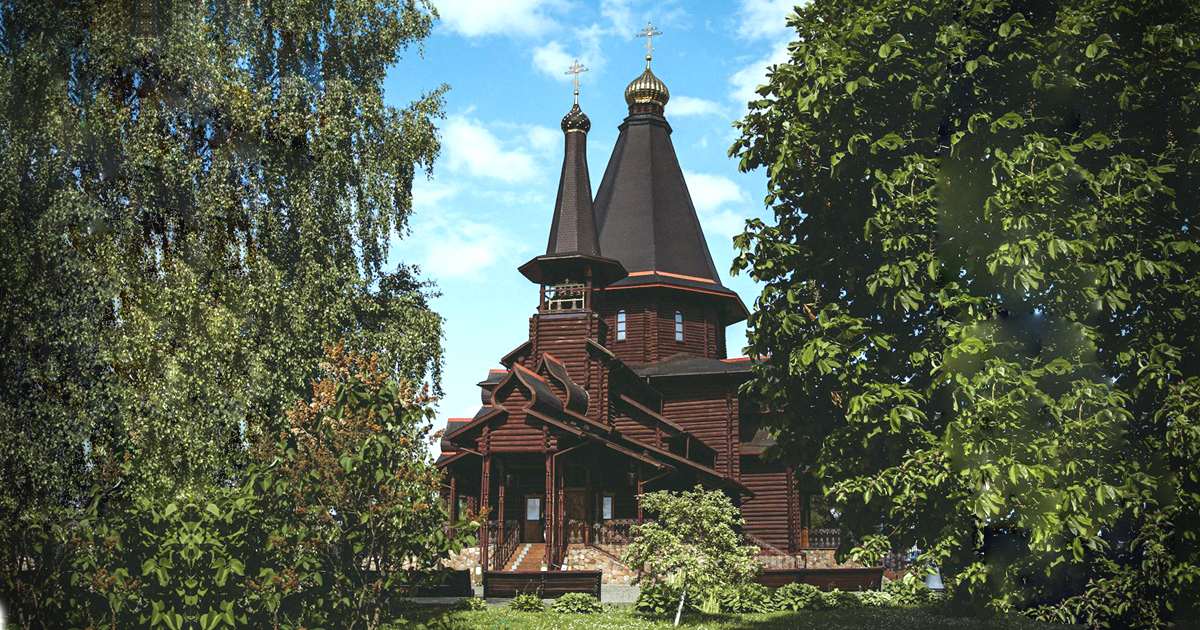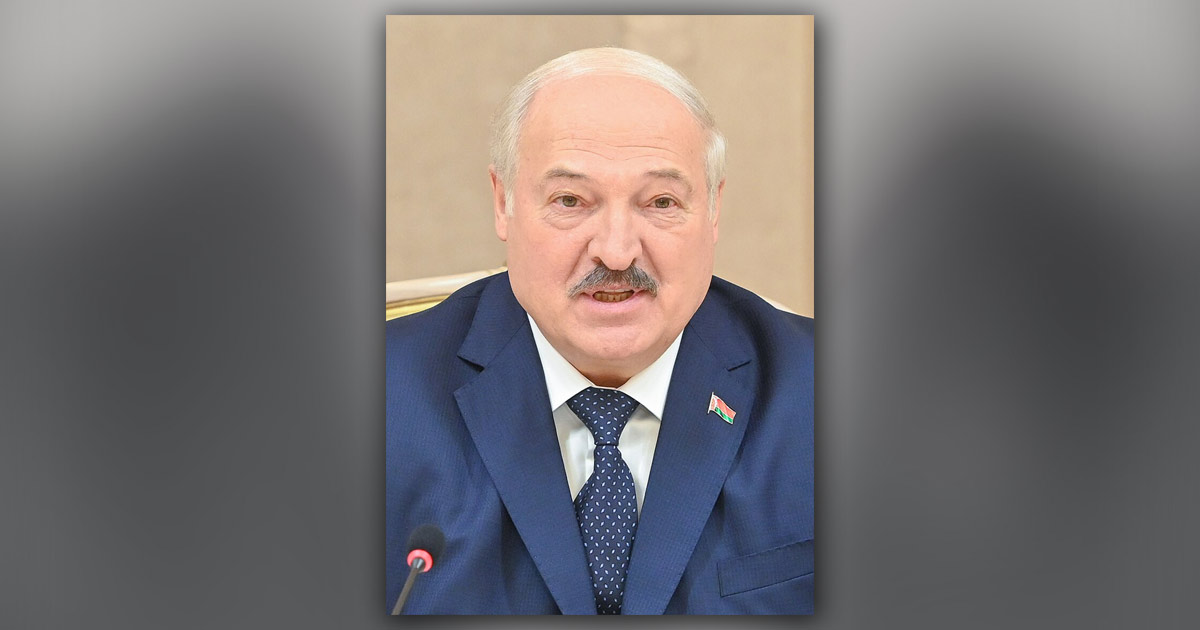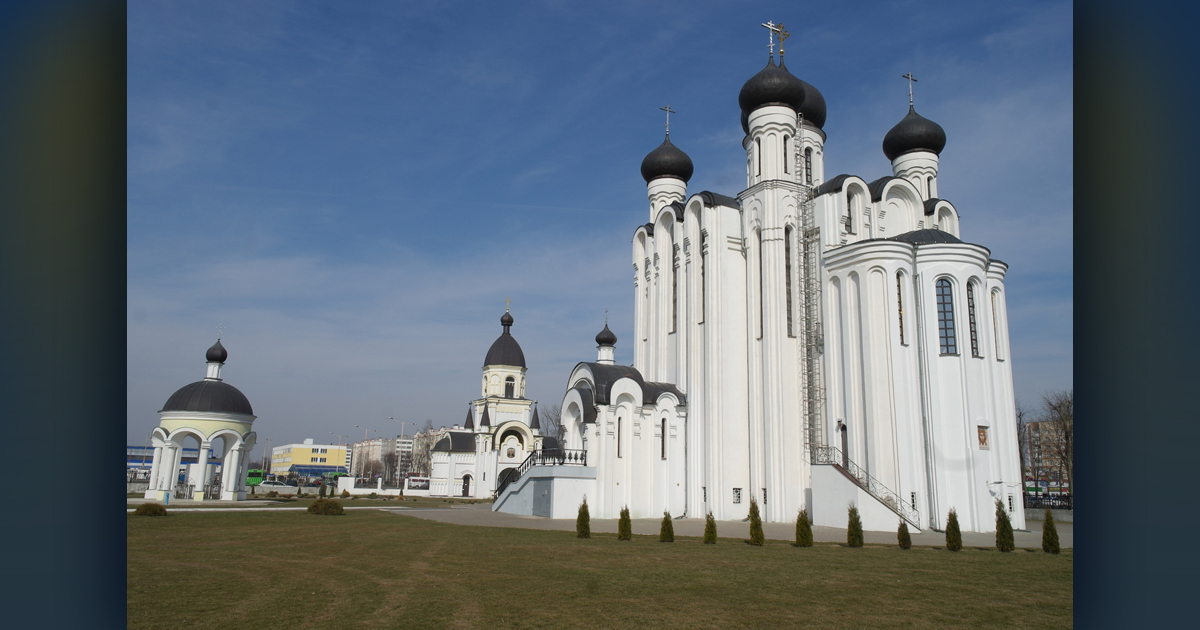 On February 7th, a homeless shelter run by a young Christian man was deprived of its legal status in the village of Aleksandrovka.
On February 7th, a homeless shelter run by a young Christian man was deprived of its legal status in the village of Aleksandrovka.
Aleksei Shchedrov, 29, turned his home into the House of Mary shelter to help care for homeless people. Following repeated police raids, criminal charges were brought against Aleksei in June of 2013 for praying in this shelter. In August, he was able to obtain official registration for the shelter's operation, and the charges against him were dropped the following month. (For more information on the charges, click here.)
However, Aleksei soon began facing renewed pressure. Authorities -- including police, tax office officials and village council officials -- visited his home in what he felt were attempts to find faults with the shelter. He was also reportedly pressured to register his shelter as part of the Catholic Church, to which Aleksei belongs.
Now that the shelter lacks legal status, Aleksei is vulnerable to further charges. "Without state registration (he) can be charged again under the same Article 193-1 of the Criminal Code -- organization of or participation in the activities of an unregistered organization," an activist explained. At last report, Aleksei was continuing to care for 13 homeless people who would otherwise have nowhere else to go.
As Aleksei faces yet another roadblock in his efforts to extend Christ's love to the homeless, pray that he will not grow weary or lose heart (Hebrews 12:1-3). May the decision to deprive the shelter of legal status soon be revoked! In the meantime, ask the Lord to provide a way for Aleksei to continue caring for the homeless in his charge; and that they, too, may come to acknowledge the saving message of Jesus' death and resurrection.
To learn more about the persecuted church in Belarus, please visit our website.





